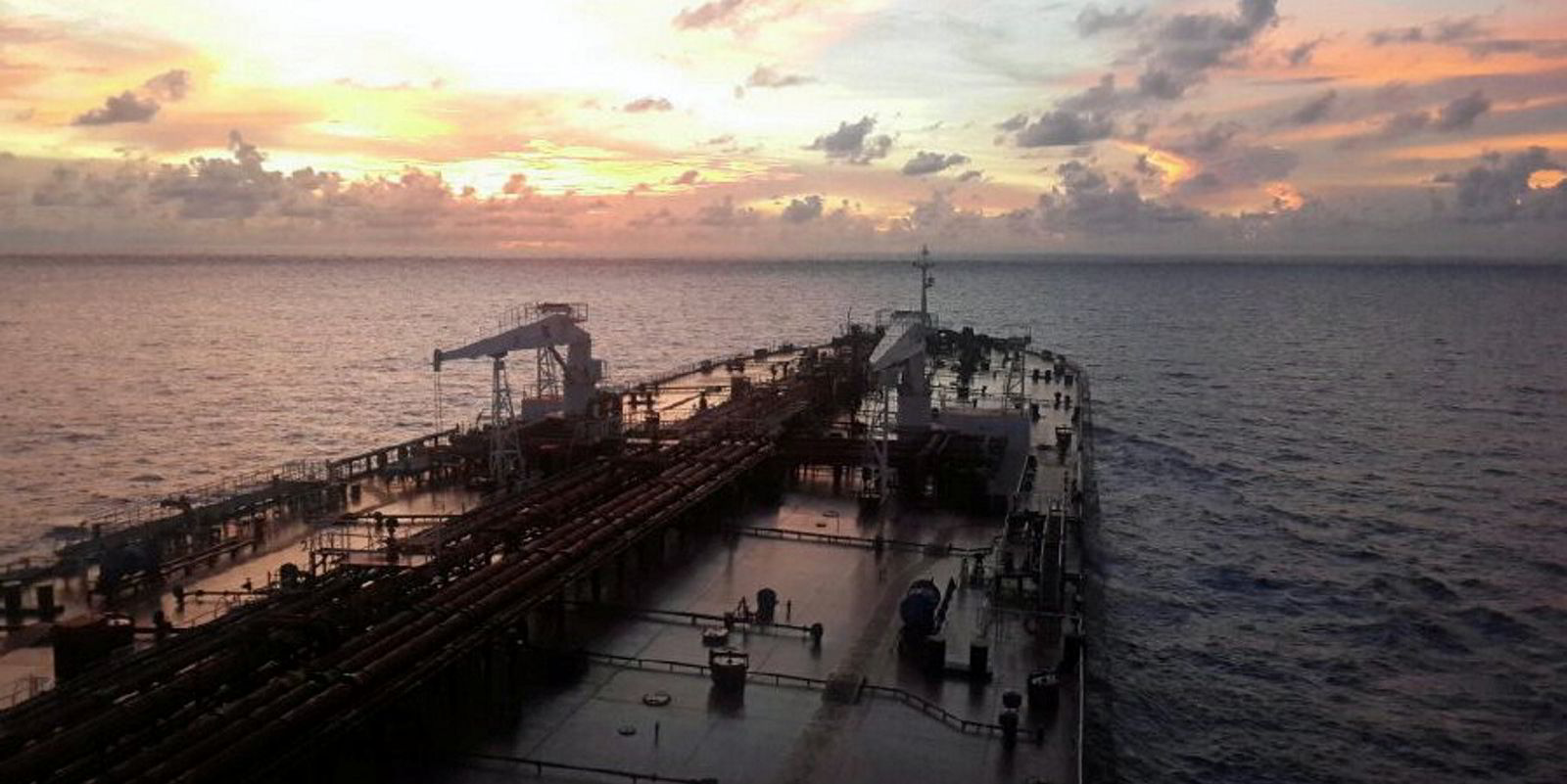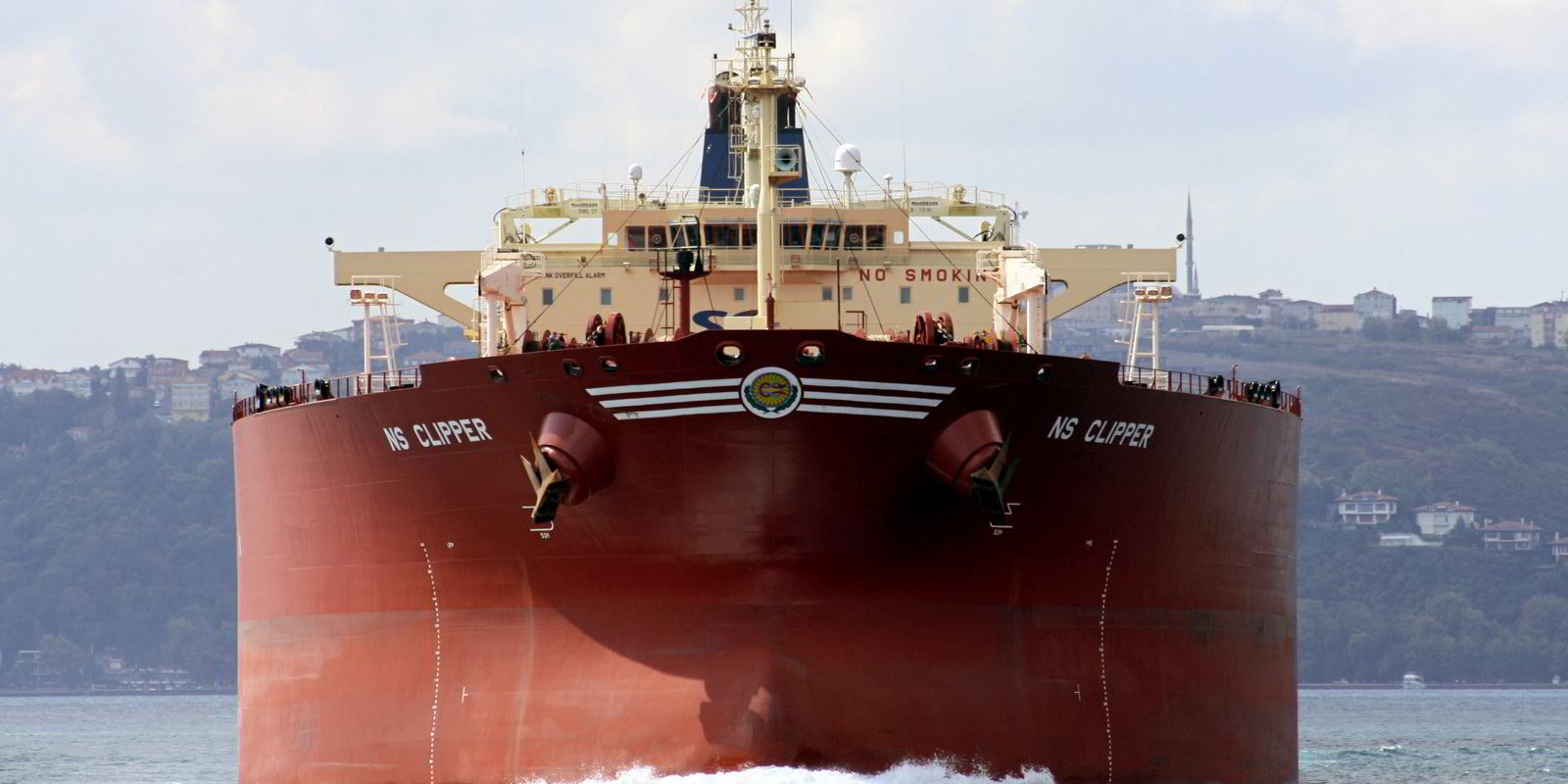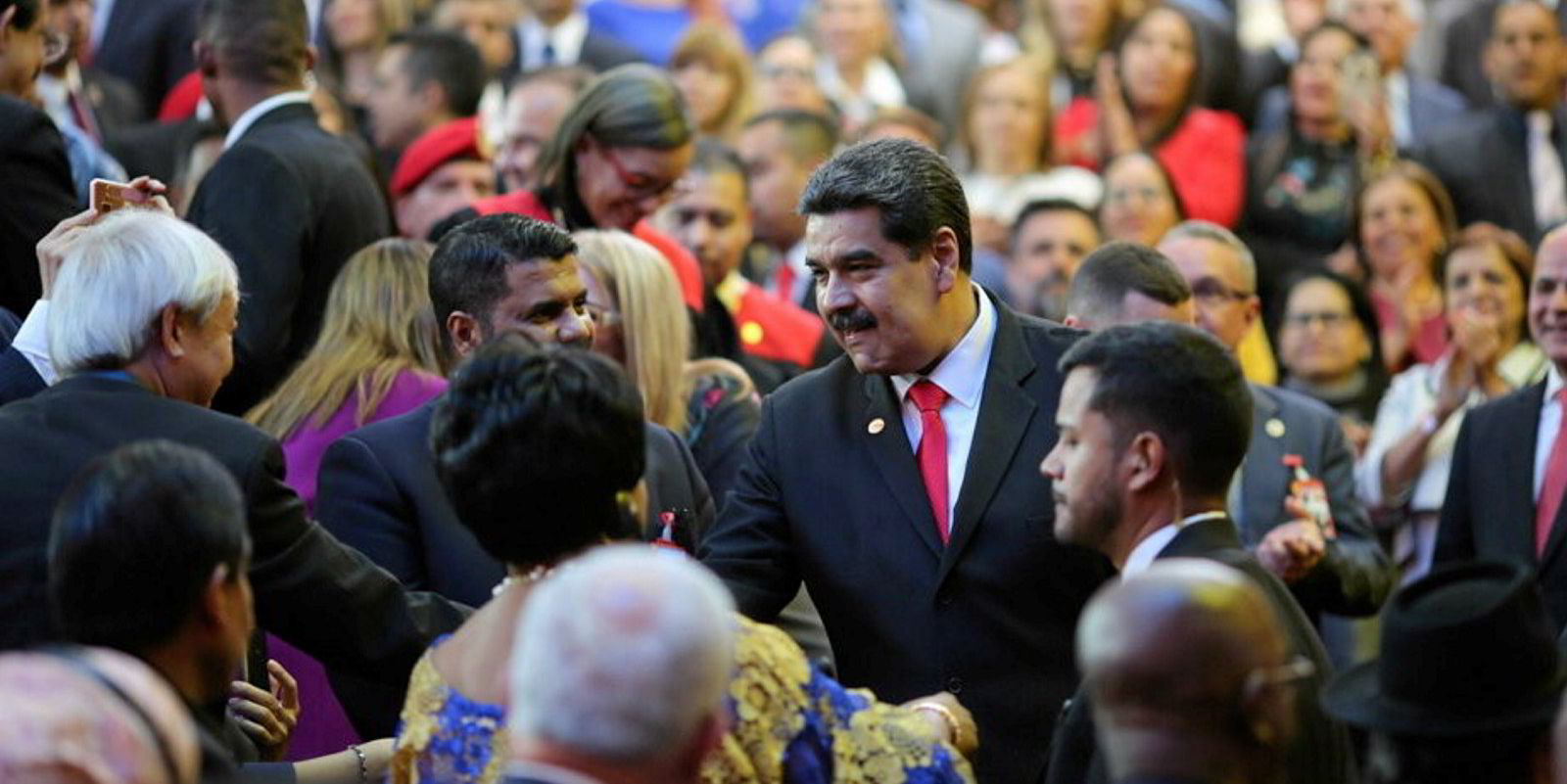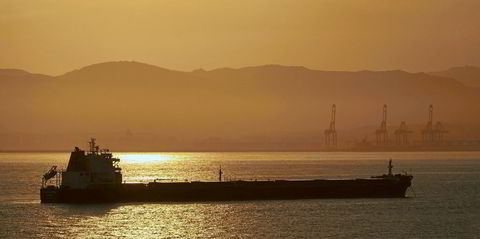VLCCs will continue to fall from their recent highs, but much of the rest of the market will see strong rates in the near term, BRS Group says.
The French shipbroker said aframaxes, LR2s and MRs should continue earning higher rates in the coming weeks and months, but that the largest tankers would continue losing steam.
“To a certain extent, analysis suggests that recent high global VLCC rates reflect an imbalance in the VLCC supply chain with tonnage not being evenly distributed across the globe,” BRS Group said.
But that is unwinding with ships departing the Atlantic basin for China and ultimately the Middle East, capping rates “well below today’s stellar levels”, the broker said.
On Monday, the Baltic Exchange’s VLCC time charter equivalent assessment posted its fifth consecutive trading day of losses, with rates falling $4,258 to about $55,300 per day. The downturn comes following the assessment hitting a multi-year high of just over $75,400 per day on 21 November.
BRS Group said aframaxes should stay strong in the short term, despite uncertainty around the incoming European Union oil embargo against Russia and a lack of details surrounding the oil price cap.
The broker said the current high aframax levels — $125,722 per day according to the Baltic Exchange, an intraday jump of more than $34,000 — would persist. The outfit sees rates only threatened by mainstream shipowners moving out of Russian trades after the 5 December embargo and into non-Russian trades.
“Considering that many aframaxes are currently on long voyages to the east, it could take until mid-1Q23 before the negative impact of this hits markets,” BRS Group said.
The strength in the market has pushed some LR2s to clean up to trade crude oil, but BRS Group said that is unlikely to continue as global refinery throughput increases.
“Considering that there remain significant regional mismatches in refined product supply and demand, this suggests that global transport fuel liftings will remain strong,” BRS Group said.
“Notably, Chinese refining activity has picked up so that refined product exports recently soared to over 2m barrels per day … and we expect these shipments to remain supported into the first quarter of 2023.”
The same phenomenon would support MRs, too, the broker said, with the Chinese sending some of those refined products to Asian importers and low inventories in the US northeast, Europe and Latin America to be filled.
BRS Group said rates would be impacted by the opening of Nigeria’s Dangote refinery would have an impact on Atlantic MR and LR demand, but not until it opens in mid-2023.






